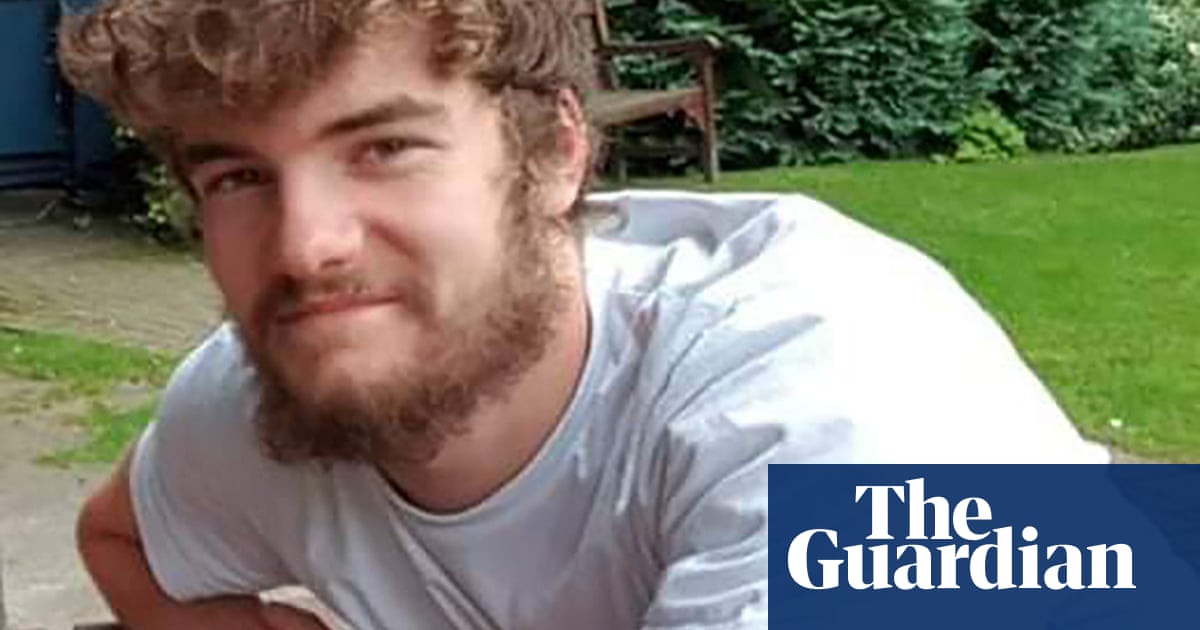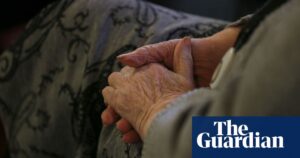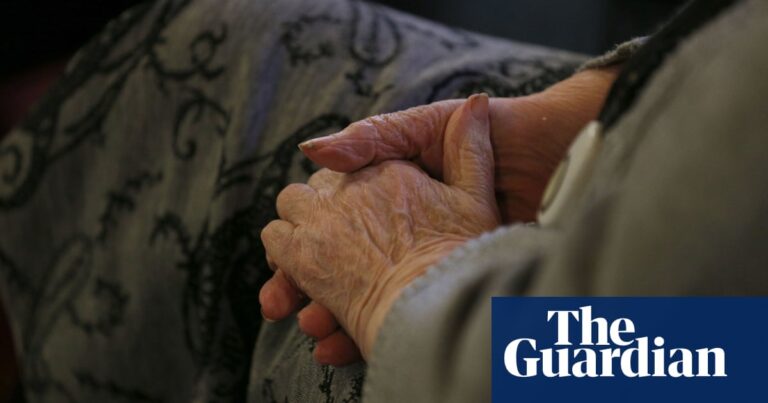
There was a “significant failing” in the care of a teenage Royal Marines recruit who took his own life after struggling on a demanding training course, a coroner has concluded.
A military doctor should have flagged up concerns about the mental health of 18-year-old Connor MacKenzie Clark when he confided two days before his death that he had self-harmed, the senior coroner Philip Spinney said.
Spinney also described the search for Clark after he went missing from the commando training centre in Lympstone, Devon as “inadequate”.
Clark was taking part in a four-week recruitment orientation phase (ROP) course, which marines undertake before they begin initial training. He was physically fit but struggled with elements of training including “personal administration” – keeping uniform, kit and locker in order – and was also worried because he had lost a piece of kit, a blank firing attachment.
Clark was subject to “thrashings” such as doing press-ups for long periods, and the inquest in Exeter heard staff swore violently at recruits. The inquest also heard that Clark, from Norwich, believed training staff had called him “a failure” and “the worst” candidate.
Spinney said he did not think training staff treated Clark differently to other recruits. However, he focused on an incident two days before Clark’s death when he visited the camp medical centre after self-harming. The coroner said: “Connor was tired and vulnerable. He had committed an act of self-harm to remove himself from the training environment.”
The coroner said failure to hold a case conference on Clark and refer him to the chain of command and welfare staff “probably more than minimally contributed to Connor’s death”. He said this was a “significant failing”.
Clark left the camp in June 2021 by throwing a duvet over the razor wire of the perimeter fence and scrambling over.
Spinney highlighted that a CCTV camera that monitored this section of the fence was malfunctioning. He noted a delay before the marines alerted the police to his disappearance and summed up the response to his going missing as “inadequate”. However, because Clark died 2 miles from the base he could not say that this had contributed to his death.
Clark’s mother, Tracy Clark, said her son’s death was avoidable and has campaigned for the marines to make changes to how recruits are monitored and supported. She told the Guardian: “The training has to be tough but there was no safety net or checking in with him. There was a perfect storm of failings.”
Simon Quinn, the head of military at Hilary Meredith Solicitors, who represented Tracy Clark, said: “This is a very sad case and unfortunately yet another example of a young life lost too soon.
“After delays by the Ministry of Defence and following a long wait for an inquest date, we welcome the coroner’s conclusions and hope that Mrs Clark is finally provided with the answers she needed and deserved.
“This is a tragic case which included a doctor who, in his mind, was trying to help Connor, but who failed to follow force policy in referring Connor on at the moment he needed it most.”
Source: theguardian.com


















